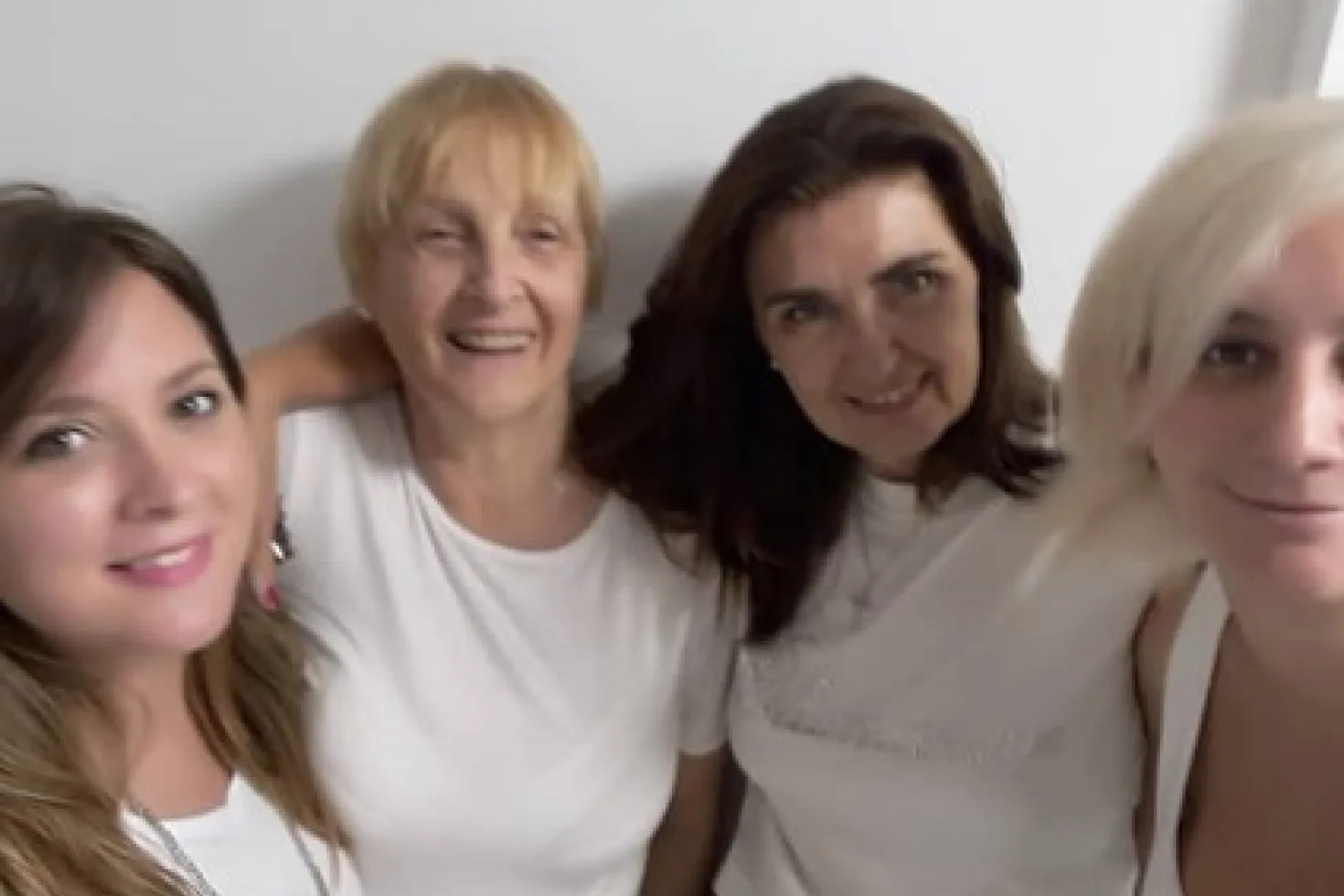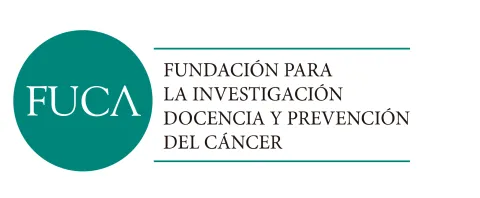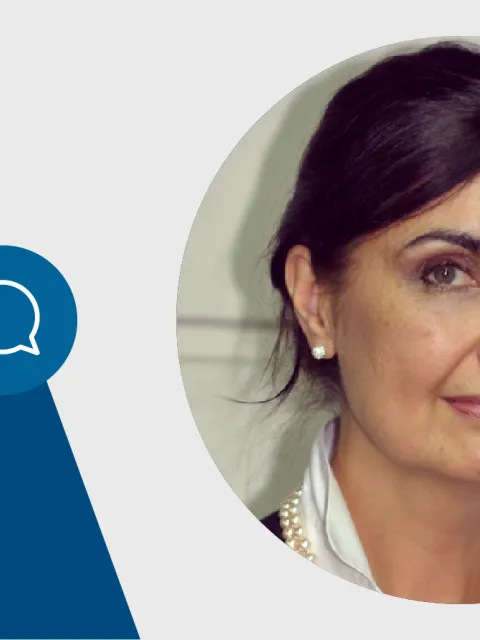Assessing the needs and the quality of life of women with advanced breast cancer in Argentina

Context

Breast cancer is estimated to be the most common cancer in Argentina.[1] While public programmes and interventions focus mainly on early detection and screening via mammography, less has been done to identify and address the needs of women with metastatic breast cancer (MBC). For this reason, Fundación Cáncer (FUCA), conducted a survey about the quality of life of women with advanced breast cancer in Argentina. This study aimed to collect data about the needs of this population and also evaluate disparities in access to services. The results of the survey were used to support evidence-based advocacy as well as design MBC materials for patients.
Fundación Cáncer (FUCA) is a civil society organisation created in 1983 whose mission is to contribute to reducing cancer mortality in Argentina through medical training, scientific research, education, and raising community awareness about early detection and risk behaviours related to cancer.
Project description
In 2017, FUCA was awarded a SPARC MBC Challenge grant to assess the needs and the quality of life of women with MBC in Argentina. As a first step in the project, a questionnaire was developed by a team of doctors to collect relevant data on patients (e.g. socio-demographic, medical variables, quality of life, access to diagnosis, treatment and psychosocial support services), which was circulated to collaborating public hospitals and institutions. Based on the initial results of this survey, information materials were developed and a webpage was published on the FUCA website.
“Participating in this project, especially in the preparation of the questionnaires, has led me to reflect and better understand the situation of these patients, transcending the merely medical aspects and understanding why they often feel isolated and worried about many things beyond their health.”
Dr. Sergio Rivero
Impact

In March 2019, FUCA reported that approximately 700 patients had accessed the website and between 1500 and 2000 people have benefitted from the informational material. When FUCA reaches a significant number of patients to represent all the regions of the country, they will analyse the results. Once the key findings have been identified FUCA will hold a public awareness campaign, which will use a number of communication channels to share information, including printed and digital newspapers, healthcare professionals, radio and newswires.
More
- Organisation's website: Fundación Cáncer – FUCA (in Spanish)
- Webpage for the survey: FUCA advanced breast cancer survey 2018 (in Spanish)
- Social media: Fundación Cáncer Facebook Page
References
[1] GLOBOCAN 2018
(Information from the project description and context is compiled from the SPARC reports)
Last update
Friday 03 February 2023